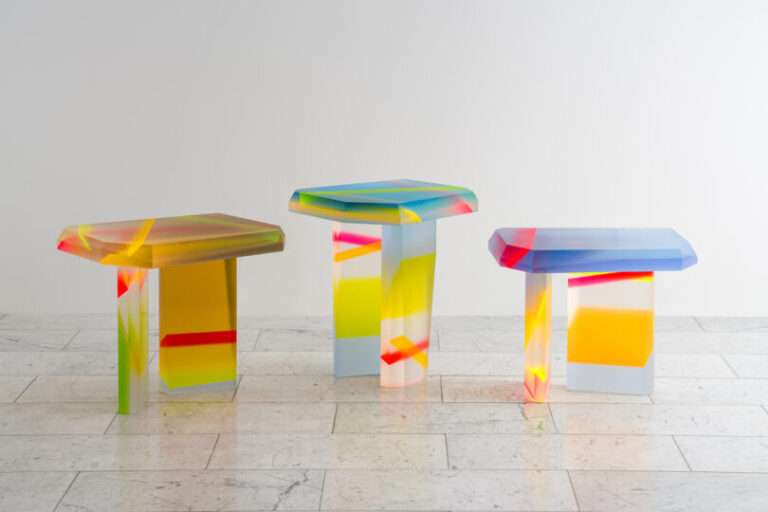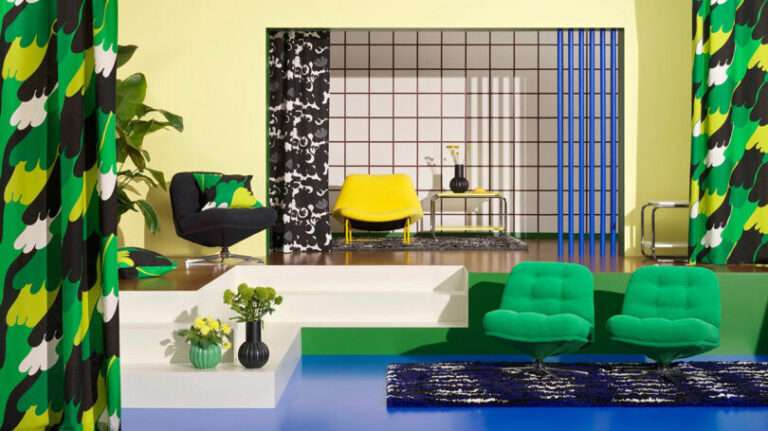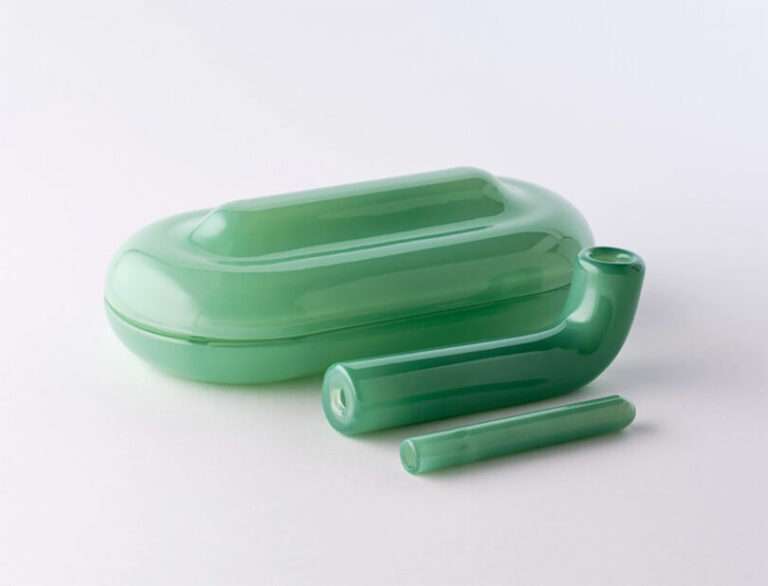Exploring the charm and charisma of old house features is akin to stepping back in time, where each element tells a story of craftsmanship and history. These homes, often adorned with intricate woodwork, stained glass windows, and original hardwood floors, offer a glimpse into the architectural trends and societal norms of their respective eras.
The allure of these features is not merely in their aesthetic appeal but also in the stories they encapsulate, making them treasures of cultural heritage and craftsmanship. As we delve into the specifics, it becomes evident that the beauty of these homes lies not just in their visual appeal but in the legacy they carry forward.
Understanding the significance of old house features requires an appreciation for the meticulous attention to detail prevalent in past construction practices. From hand-carved banisters to ornate fireplaces, these elements were crafted with a level of skill and dedication that is seldom found in modern constructions.
Furthermore, the use of durable materials has allowed many of these features to withstand the test of time, offering a unique blend of functionality and historical charm. This exploration into the world of historical homes not only enriches our appreciation for architectural beauty but also fosters a deeper connection with our past, reminding us of the enduring nature of well-crafted design.
Stained Glass Windows
When it comes to revitalizing the charm of an old home, one cannot overlook the importance of its stained glass windows. These colorful panes not only serve as a visual delight but also narrate the architectural history and artistic trends of the era they belong to. Preserving the timeless beauty of stained glass windows is akin to keeping a piece of history alive, allowing the home to retain its unique character.
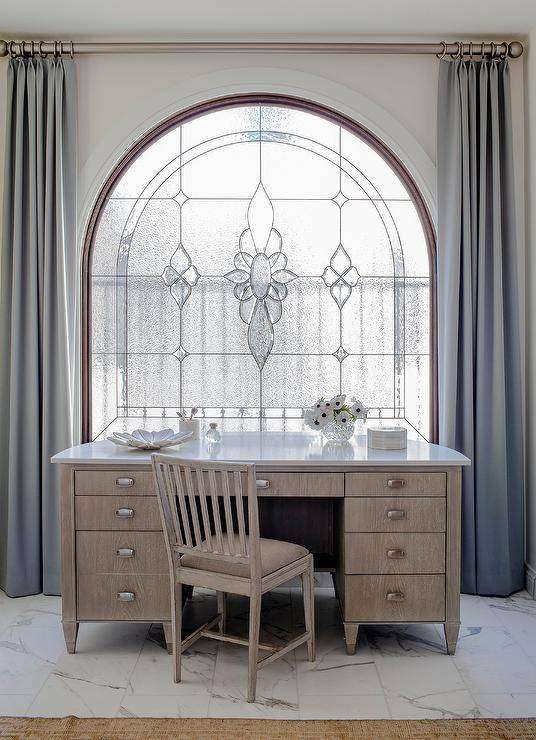
Careful maintenance and occasional restoration work can ensure that these exquisite features continue to enchant visitors and residents alike, casting kaleidoscopic patterns that dance across the rooms with the changing sunlight.
Functional Repurposing Ideas
In the realm of home renovation and decor, embracing the charm of old house features while infusing them with new life and purpose stands as a creative challenge many homeowners are eager to undertake. For instance, the quaint nooks and crannies that are often found in older homes can be transformed into functional spaces with a bit of imagination.
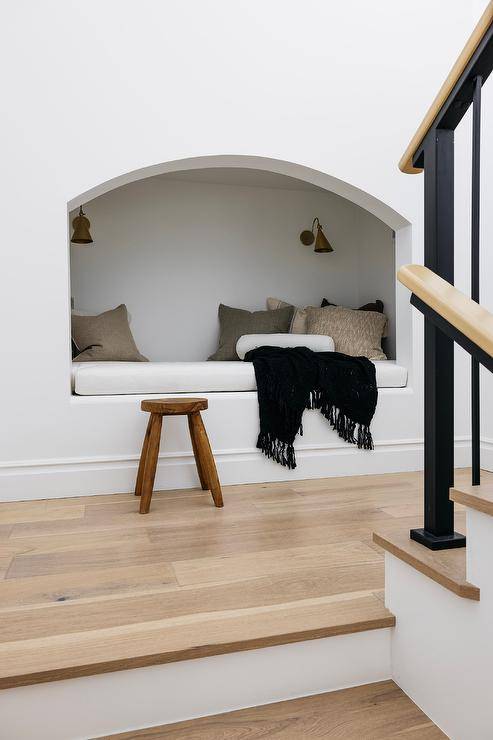
A deep, unused closet might become a cozy reading nook with the addition of a custom-built bench and some soft lighting. Similarly, the tall windows characteristic of historic homes offer the perfect backdrop for a plant-filled sunroom or a peaceful breakfast nook, utilizing natural light to create a welcoming space.
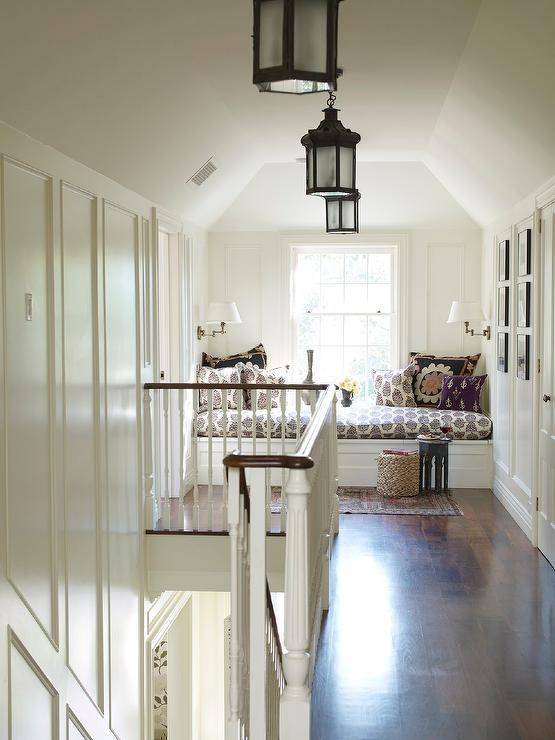
Creative Uses for Antique Doorknobs in Modern Decor
Integrating old house features into modern decor can breathe new life into both elements, creating a blend that’s both nostalgic and contemporary. Take antique doorknobs, for example. These small pieces of hardware might seem unassuming at first, but with a bit of creativity, they can become stunning focal points in your home.
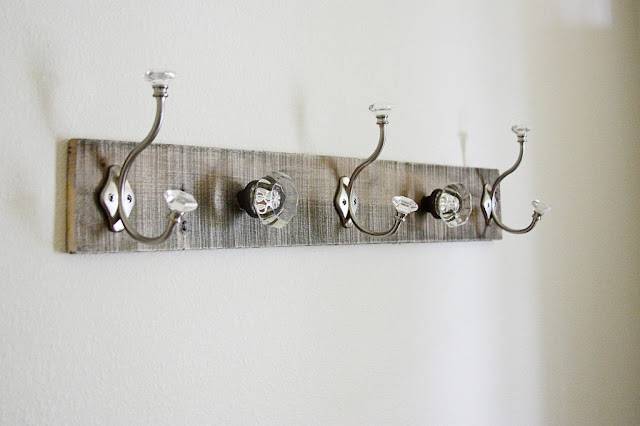
Imagine repurposing these vintage treasures as hooks for coats or bags. Mounted on a piece of reclaimed wood, they can serve as a unique, practical piece of art in your entryway, marrying function with the undeniable charm of yesteryear.
How to Modernize Old Fireplaces for Today’s Living
Incorporating modern touches to old house features, particularly fireplaces, can transform the ambiance of your living space while preserving its historical charm. One innovative approach is to update the hearth with new materials.
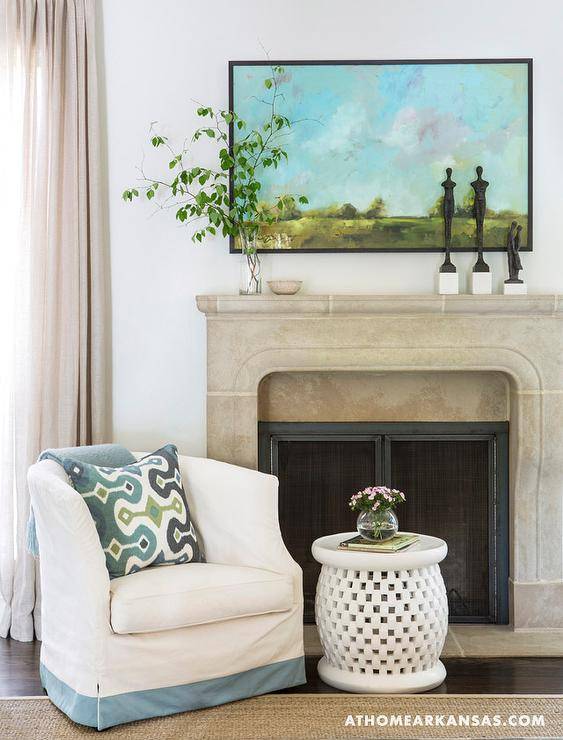
Consider replacing outdated brick or stone with sleek, contemporary tiles that complement your home’s interior design. This not only refreshes the look but also improves the fireplace’s efficiency. Additionally, installing a glass door in front of the fireplace can enhance safety, reduce energy costs, and bring a modern aesthetic to the room. It’s a simple yet effective way to blend the old with the new, creating a cozy, inviting atmosphere that’s perfect for today’s living.
Repurposing Wood from Vintage Doors for Eco-Friendly Projects
In the realm of sustainable living, the charm and character of old house features can be given a new lease on life, particularly through the repurposing of wood from vintage doors. These architectural elements, often crafted from high-quality, old-growth timber, possess a durability and aesthetic appeal that modern materials struggle to replicate.
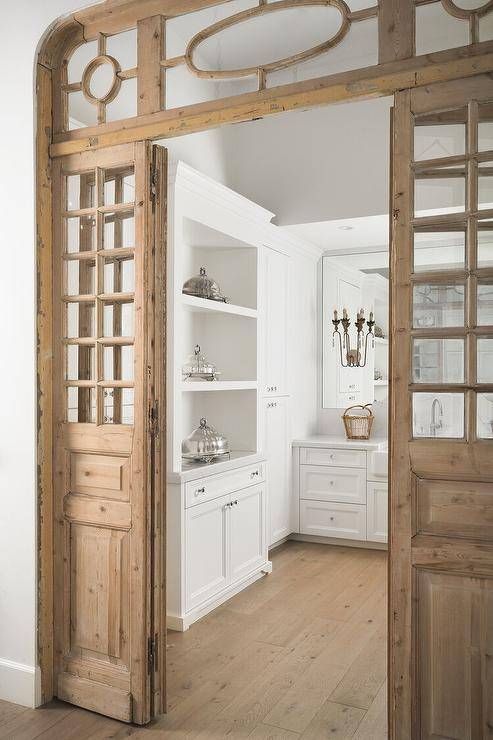
By salvaging this wood, eco-conscious individuals embark on a journey of transforming the old into something new and functional, all the while preserving a piece of history. This practice not only reduces waste but also offers a creative outlet for those looking to infuse their spaces with a touch of vintage charm.
The process of repurposing wood from vintage doors into eco-friendly projects is both an art and a science. It involves carefully dismantling the doors, treating the wood to ensure its longevity, and then crafting it into new items or accents for the home. From bespoke furniture pieces to decorative wall panels, the possibilities are as limitless as one’s imagination.
This approach to recycling not only contributes to environmental conservation but also adds a unique, personal touch to interiors. By choosing to repurpose old house features, individuals make a statement about valuing sustainability and the beauty of craftsmanship that has stood the test of time.
Enhancing Outdoor Spaces
Enhancing outdoor spaces in homes with old house features can significantly boost the property’s charm and value. Many of these homes come with unique architectural elements that lend themselves beautifully to creative outdoor projects. For instance, a Victorian-era home might have intricate woodwork that can be echoed in the design of a new gazebo or pergola, creating a seamless transition between the home’s interior elegance and its garden’s natural beauty.
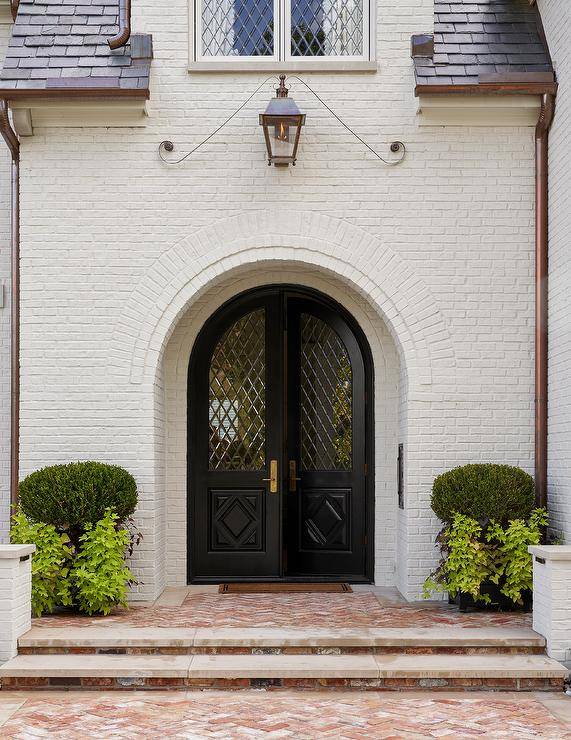
Incorporating period-appropriate landscaping and hardscaping can further enhance this connection, making the outdoor space feel like a natural extension of the home. Whether it’s through restoring an original stone pathway or adding vintage-style outdoor lighting, these touches can make a significant difference in the overall ambiance of the property.
Transforming Old Stone Features into Garden Focal Points
One of the most enchanting aspects of renovating a property with a rich history is the opportunity to breathe new life into old house features, particularly those crafted from stone. These elements, often overlooked, hold the potential to transform your garden into a captivating outdoor sanctuary.
Imagine an aged stone fountain, once a centerpiece for gatherings, now serving as a tranquil water feature surrounded by lush ferns and blooming wildflowers. Or consider repurposing weathered stone balustrades to create a whimsical pathway, guiding visitors through a garden filled with the scents of lavender and rosemary. By integrating these timeless pieces into your landscape design, you not only preserve a piece of history but also create a unique space that tells a story.
Old House Features as Artistic Elements
In the realm of interior design, old house features often transcend their original utilitarian purposes to become striking artistic elements that imbue spaces with character and history. Consider the ornate woodwork found in many historic homes, where every groove and flourish tells a story of craftsmanship and era-specific aesthetics.
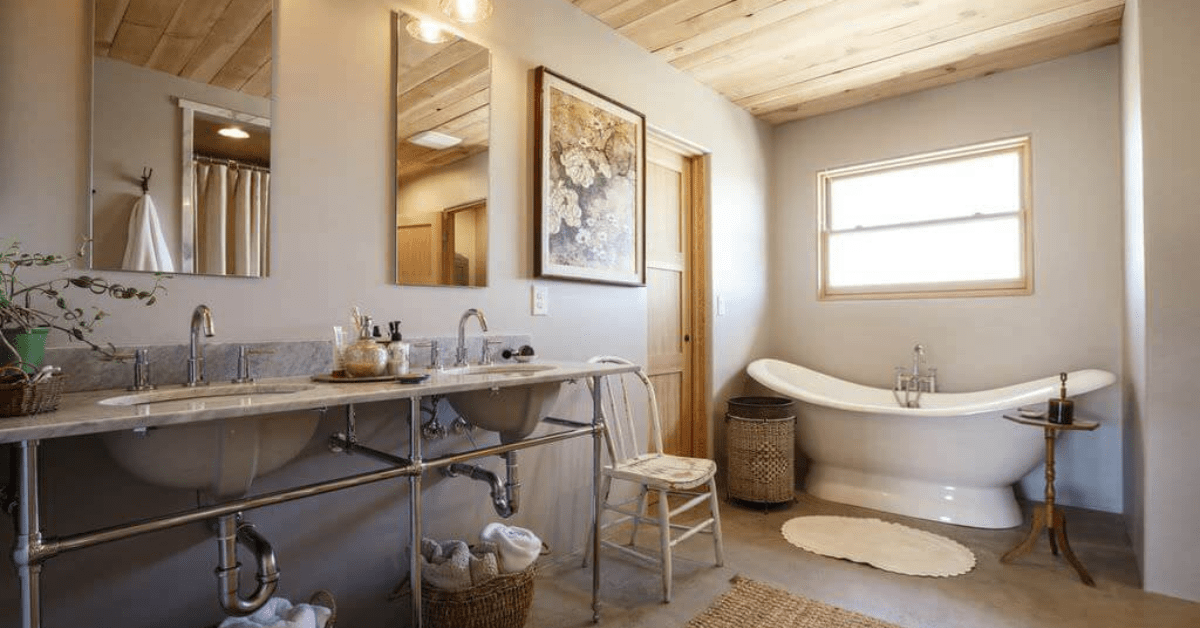
These architectural details, from intricately carved staircases to ceiling medallions, serve not only as reminders of past construction practices but also as focal points that can inspire the rest of a room’s decor. By preserving and highlighting these features, homeowners can create a dialogue between the past and present within their living spaces, allowing these elements to stand out as pieces of art in their own right.
Showcasing Vintage Tiles as Decorative Wall Art
Incorporating elements from the past into modern decor can breathe new life into any space, and vintage tiles are a perfect example of how old house features can be repurposed for contemporary aesthetics. These tiles often carry unique patterns and colors, reflective of the era they were produced in, making them ideal for creating eye-catching wall art.
Imagine a vibrant mosaic of Victorian-era tiles adorning the wall of a sleek, modern kitchen or a single, intricately designed Art Deco tile framed and displayed as a focal point in a minimalist living room. The contrast between the old and the new not only adds depth and character to your home but also pays homage to the craftsmanship of bygone eras.
Celebrating the Legacy of Old House Features
In wrapping up our exploration of historical residences, it’s clear that the charm and character embedded in old house features not only tell stories of the past but also offer a unique aesthetic that modern architecture often struggles to replicate.
From intricate crown moldings to original hardwood floors, these elements carry the legacy of craftsmanship and attention to detail that was prevalent in earlier times. Celebrating these features means preserving a piece of history, allowing future generations to appreciate the beauty and intricacy of architectural designs that have stood the test of time.
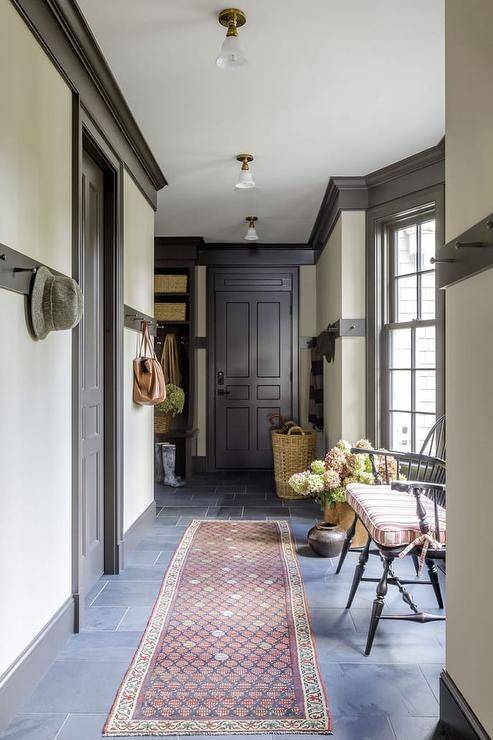
Moreover, embracing the legacy of old house features encourages a sustainable approach to living. Instead of demolishing structures with rich histories to make way for new constructions, preserving and restoring these homes can be an eco-friendly alternative. It’s a way to honor the past while being mindful of our environmental impact.
As we continue to move forward, let’s remember the value that these historical homes bring to our communities, not just as relics of the past but as living examples of timeless beauty and sustainability that continue to inspire and awe.
Related Articles:
Turn your house into the home of your dreams. Our newsletter provides you with design ideas and decor trends. Subscribe now to start your journey to a stunning home! Click here to subscribe now.
